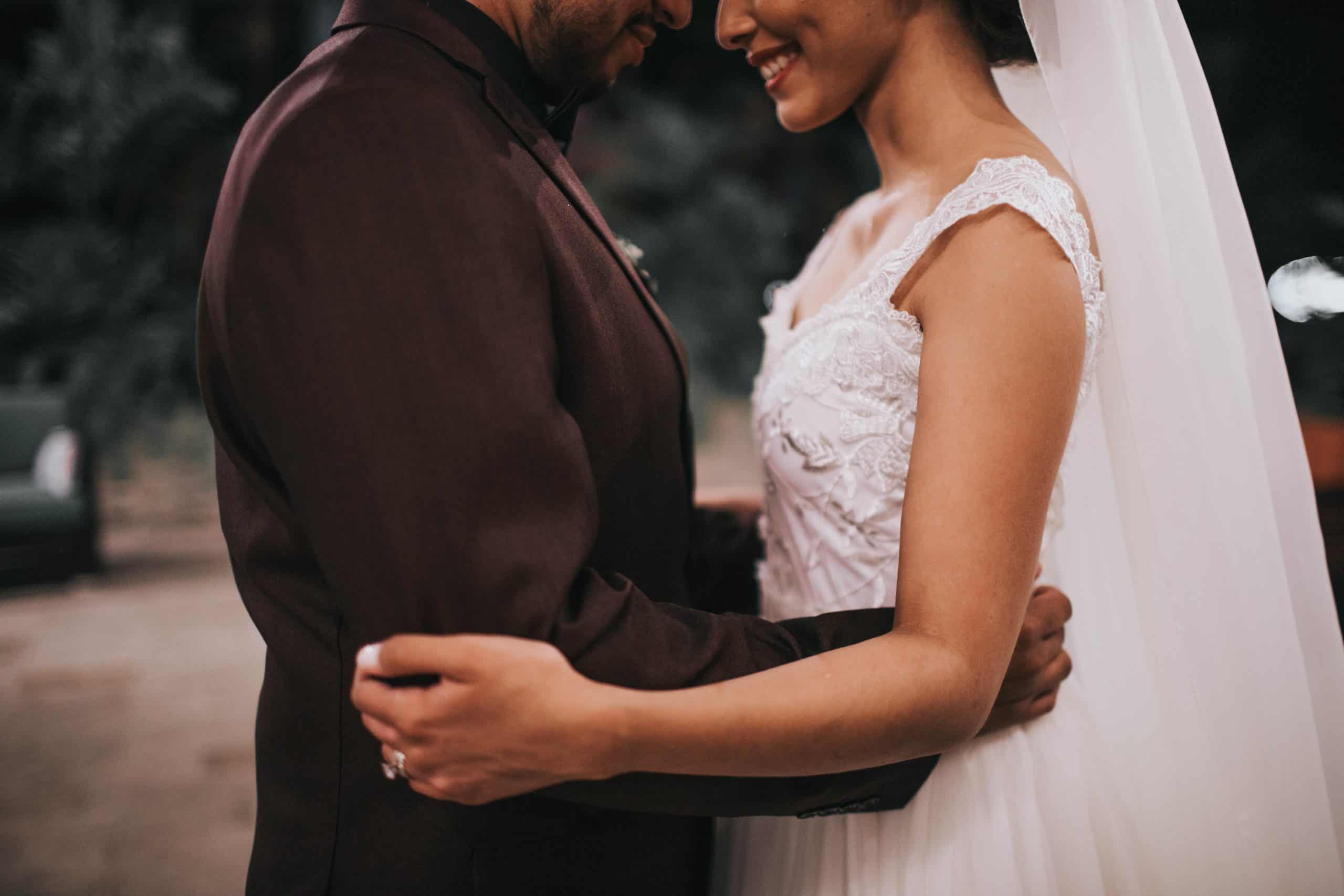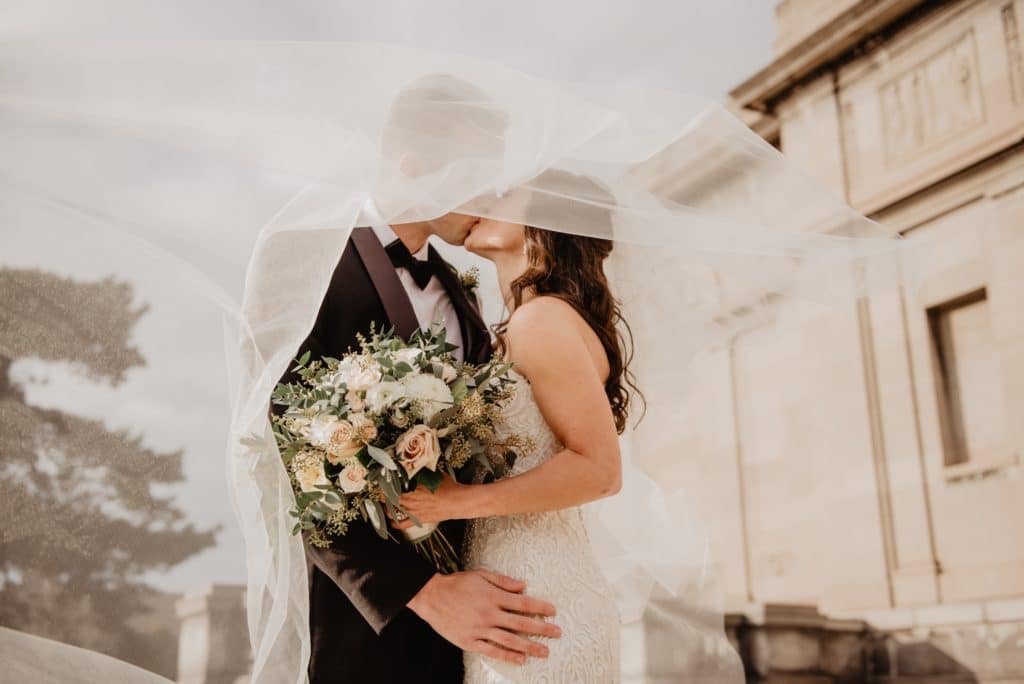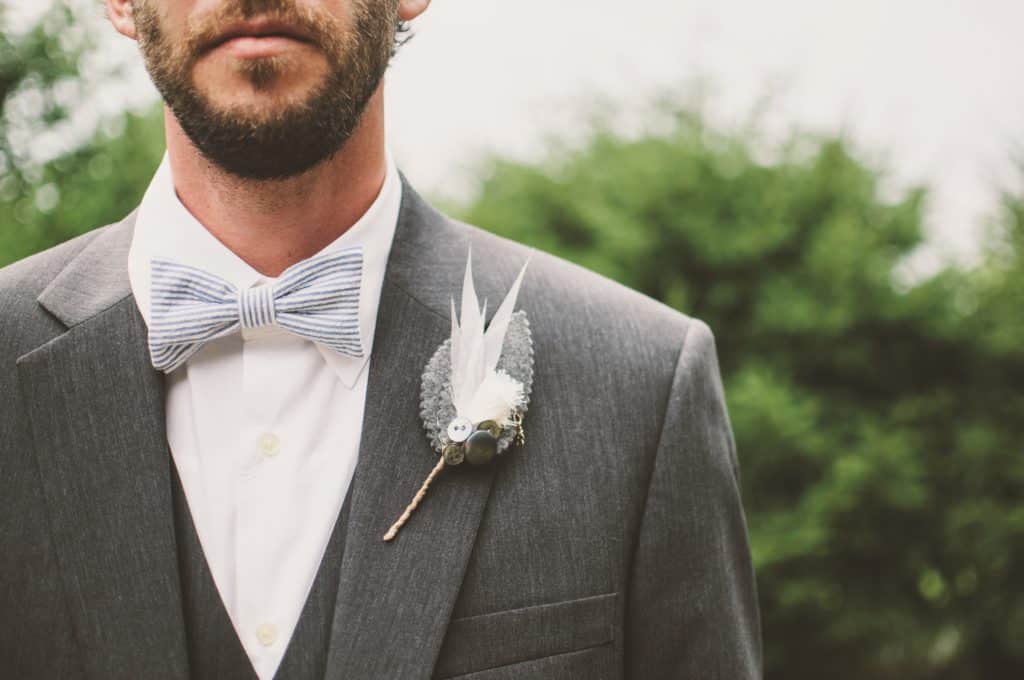Have you ever worried your wedding might get “canceled”? Not called off or postponed, but called out on the internet for improperly handling sensitive issues or topics. In 2021, it is pretty easy to figure out how to not verbally offend someone. However, many brides still worry about the “wokeness” of their wedding. Even if activism isn’t your thing, all couples should be aware and concerned with your wedding’s implications and what it contributes to. If it contributes to anything but love and joy, it may be time to reconsider some aspects of it.
Here are five ways to have a culturally-sensitive wedding.
1. Research your venue
One of the worst mistakes a bride can make is not to research their venue. There are so many things you need to know: the capacity, the costs, the best places for pictures. Beyond that, couples should be researching the history of the venue they are planning to be wed at, and preferably before they book.
Believe it or not, even in 2021, plantations are still being rented out for ceremonies and receptions. Just last year, celebrities Blake Lively and Ryan Reynolds apologized for their 2012 plantation wedding, claiming they found the venue on Pinterest and were willfully ignorant of its dark past (NBC News).
While the couple’s apology was well-received, a few Google searches would have saved them a world of pain. If you can learn anything from the Gossip Girl and Deadpool stars: research your venue!
- Some things you should be looking for in your venue research:
- Past uses
- Who currently owns it?
- Is it sacred? (Don’t use it if the answer is yes!)
- Does it harm the locals in some way?
2. Be true to your heritage and don’t take from others
A Practical Wedding does a wonderful job of explaining cultural appropriation in the bridal context, and you can find that here, along with an extended version of avoiding it at your wedding. Rock N Roll Bride also has a wonderful article you can find here with similar findings and advice.
For a quick summary, though:
- Research the origins of traditions you want to participate in (if you do not already know)
- Ask yourself if the originators of certain traditions have suffered or faced oppression for practicing those traditions
- Look into your own cultural background for elements and traditions to incorporate in your wedding — it will make your wedding more personal and special
3. Consult a wedding planner
Of course, you should conduct your own research on every aspect of your wedding. However, a wedding planner will most likely be keyed-in to what venues to use (and avoid), what themes have not gone over well, and a mess of other things that might be stressing you out.
Some things your wedding planner can help you with:
- Location
- The histories of some traditions (and why you should or should not partake)
- The relationship of the venue with the surrounding area
- Things they have seen go wrong in other weddings
4. Avoid gender-assigned seating or gifts
Making your guests feel uncomfortable is a big wedding no-no to begin with. Gender-assigned seating or gender-coded handouts may leave you and your guests in some awkward situations, especially if some of your guests do not identify as a specific gender.
Here are a few ways to avoid uncomfortable guests:
- Make seating charts based on relationships (families, work friends, etc)
- Keep all handouts (seating cards, goody bags, etc) gender-neutral
- Talk to your bridal party and make sure they are okay being paired with someone of the opposite sex (if that is what you choose to do) if they have expressed discomfort with this before.
5. Talk to your guests beforehand
Everyone has that one wedding guest they are worried about. Maybe they are giving a speech, maybe they have a habit of overstepping, or maybe you just have a feeling. This is especially worrisome if some (or all) of your guests are part of a community that may be the butt of a joke. Trust your gut, and discuss this with them beforehand.
Some ways you can try going about this:
- Take your guest for coffee or have a nice, scheduled phone call to
discuss. Many times, people do not realize their words or actions can be harmful, and addressing it directly will be a direct way to let them know to watch what they say—especially at your wedding. - If you are uncomfortable addressing it directly, sit down with a group that they fit in to (the bridal party, your mom’s side, whatever seems fit) and explain your behavioral expectations.
- If a sit-down is still too much for you, try sending a mass email. Here you can map out everything you expect from your guests that isn’t even behavioral (black tie? Color scheme? Whatever else you want) and then make a section about the things you are worried about. This will help you avoid confrontation and them feeling singled out.
Conclusion
Like Ryan Reynolds said in his apology: “Weddings should be a symbol of love and unity,” and checking that everything in your wedding symbolizes that is an overwhelming, but important feat. You are not alone! Talk to your bridal party, join social media groups, and talk with the experts about what aspects of your wedding may be concerning to you. Your wedding day should be about you and your partner, not worrying about what might happen to your job if certain pictures make it to social media.
Overall, remember to have fun with your wedding planning and allow yourself to try new things, just educate yourself on them first.











